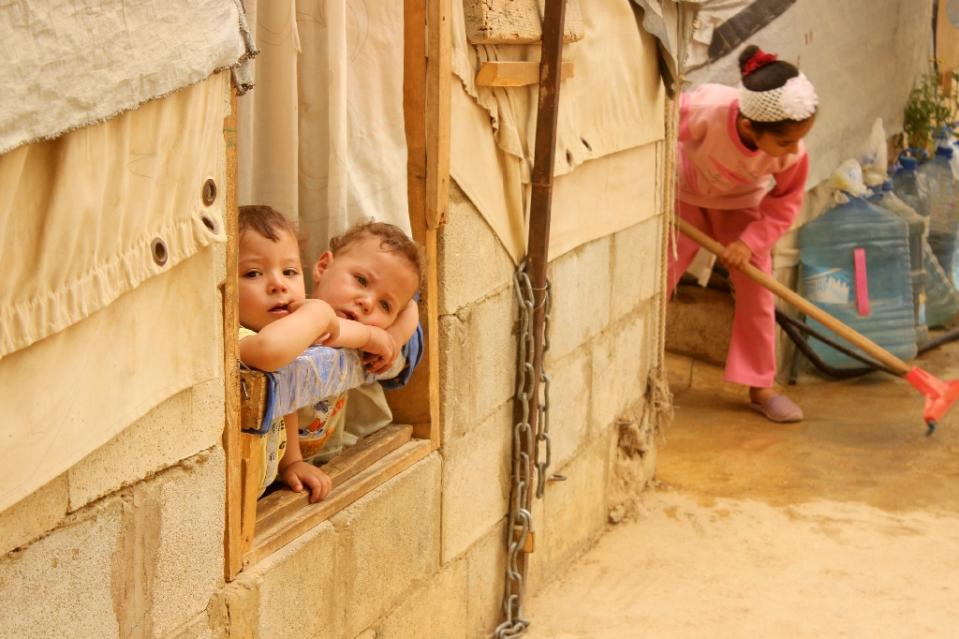
Lima (AFP) – The Middle East needs grants, not loans, to deal with the millions of refugees who have fled conflicts in the region, a senior Lebanese official said Sunday.
Speaking a day after the UN and World Bank announced plans to increase lending to help the region deal with the catastrophic spillover of conflicts in Syria and beyond, the director general of the Lebanese finance ministry, Alain Bifani, said the aid should instead be interest-free.
"The support has to be through grants. It cannot be loans," Bifani told AFP on the sidelines of the World Bank and IMF annual meetings in Lima, Peru.
"As long as we can, we will turn down loans" for dealing with the refugee crisis, he said.
Although much recent attention has focused on Europe’s struggles to deal with the influx of uprooted Syrians, the war-torn country’s neighbors have taken in the bulk of the more than four million people who have fled the nearly five-year conflict, straining their economies.
Lebanon alone is hosting more than 1.1 million Syrian refugees — a huge burden for a country of four million people.
Bifani estimated the total cost at more than $15 billion — one-third of Lebanon’s GDP.
He said the world should consider taking in refugees a "global public good" that must be paid for, or else host countries risk collapse.
"Once we collapse, the international community will still have to bear the cost, and it’s going to be much higher," he said.
The UN and World Bank have not put a dollar amount on their new financing initiative, but said it would use guarantees and grants from donor countries to ramp up lending, including concessional loans, to the Middle East and North Africa.
They have set up a working group tasked with finalizing the plans by February 2016.



